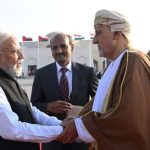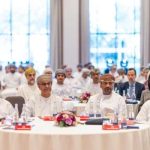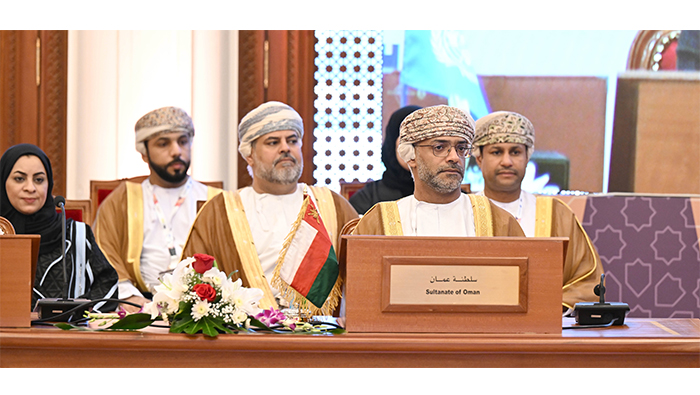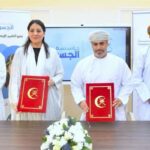The Sultanate of Oman, represented by the Ministry of Heritage and Tourism, recently hosted the 50th meeting of the UN Tourism Regional Commission for the Middle East. The meeting focused on several topics related to the development of the tourism sector in the region. Key highlights included the action program for 2023-2024 and the priorities of the commission, such as medical tourism, tourism investment, and funding joint regional tourism products. Salim Mohammed Al Mahrouqi, the Minister of Heritage and Tourism, emphasized the need for regional cooperation to address challenges facing the tourism sector and to develop sustainable strategies that align with common goals.
Al Mahrouqi also highlighted the significant growth of the tourism industry in the Arab region, stressing the importance of leveraging this growth to contribute to economic development and job creation. Ahmed Aqil Al Khateeb, the Minister of Tourism of the Kingdom of Saudi Arabia, underscored the crucial role of the tourism sector in boosting the global economy and supporting the achievement of sustainable development goals. He noted that the number of incoming tourists to the Middle East has increased by over 122% compared to pre-pandemic levels in 2019.
Zurab Pololikashvili, the Secretary-General of the UN Tourism, acknowledged the increasing tourism activities in the Middle East and highlighted the various changes taking place in the sector. These changes are driven by advancements in technology, education, and other fields. The meeting served as a platform for discussing ways to capitalize on the growth of the tourism industry in the region and to address the challenges that come with it. Regional cooperation and joint efforts were identified as essential tools for finding sustainable solutions and enhancing the overall tourism experience in the Middle East.
The focus on medical tourism, tourism investment, and funding joint regional tourism products reflects the commitment of the UN Tourism Regional Commission for the Middle East to fostering growth and sustainability in the tourism sector. Collaboration between countries in the region is key to overcoming challenges and maximizing the potential of tourism as a driver of economic development and job creation. By working together, governments and stakeholders can create a conducive environment for continued growth and innovation in the tourism industry in the Middle East.
As the Middle East continues to attract a growing number of tourists, it is important for governments and industry players to adapt to the changing landscape of the tourism sector. Embracing technology, promoting education and training, and adopting sustainable practices are crucial for ensuring the long-term success of the industry. By addressing challenges collectively and developing strategies that align with global sustainability goals, the Middle East can position itself as a leading destination for travelers while contributing to the economic development and prosperity of the region.











